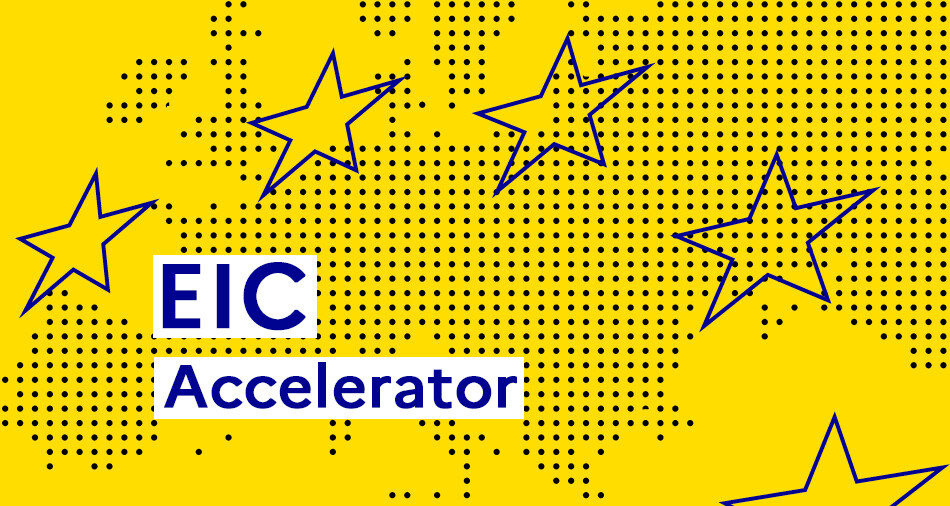ExpectedOutcome:
The successful proposal should be in line with the European Green Deal priorities, the farm to fork strategy and Food 2030 priorities[1] for a fair healthy and environmentally friendly food system, as well as with the EU's climate ambition for 2030 and 2050. It will support innovation to foster advances related to microorganisms for safer, healthier and more environmentally friendly food, thus reducing food waste. This is in addition to contributing to the transformation of food systems to deliver co-benefits for climate (mitigation and adaptation), biodiversity, environmental sustainability and circularity, dietary shift, sustainable healthy nutrition and safe food, food poverty reduction and empowerment of communities, and thriving businesses.
Projects results are expected to contribute to all of the following expected outcomes:
- Applicable innovative and/or business solutions in food processing and packaging and targeting spoilage and/or pathogenic microorganisms in perishable foods to extend shelf life and address food loss and waste.
- Significant measurable improvements in development of microbial preservatives for the food industry as an alternative to chemical ones. Develop an evidence based robust and responsive policy framework for microbiome control in the food system.
- Clearly explain how the proposal will deliver co-benefits to each of the Food 2030 priorities: nutrition for sustainable healthy diets, climate, biodiversity and environment, circularity and resource efficiency, innovation and empowering communities.
Scope:
Proposals should aim for a holistic approach to realize the full potential that microbiome innovation has in terms of addressing food, health, environmental challenges and related economic problems and opportunities, to extend food shelf life and provide sustainable solutions in food processing and packaging.
Proposals are expected to address all the following:
- Develop microbial indicators of unexpected contaminants or environmental changes in food (e.g., during processing and packaging) and exploring possible microbial-based pathways to prevent food spoilage and reduce food loss and waste.
- Develop applicable microbiome business solutions for food packaging aiming to reduce/control/limit spoilage microorganisms in perishable foods to extend shelf life
- Develop, test and evaluate approaches that combine (meta)genomic or alternative microbiome indicator data in an inter- and transdisciplinary approach, to dynamically predict shelf life.
- Develop models and tools for controlling and predicting shelf life and risk of foodborne infection for improved decision making
- Demonstrate the safety of the developed approach, in accordance with relevant EU regulatory frameworks, related to its placing on the market.
Proposals must implement the 'multi-actor approach' and ensure adequate involvement of academia, research-technology organizations, small-medium enterprises (including start-ups), food businesses and other relevant actors of the value chain.
In order to achieve expected outcomes international cooperation is strongly encouraged, in particular in the framework of the International Bioeconomy Forum.
Proposals should include a dedicated task, appropriate resources and a plan on how they will collaborate with other projects funded under this topic and other relevant topics. They should participate in joint activities, workshops, focus groups or social labs, as well as organise common communication and dissemination activities and show potential for upscaling. Applicants should plan the necessary budget to cover these activities.
In this topic the integration of the gender dimension (sex and gender analysis) in research and innovation content is not a mandatory requirement.
Specific Topic Conditions:
Activities are expected to achieve TRL 6-7 by the end of the project – see General Annex B.
[1]https://ec.europa.eu/info/publications/food-2030-pathways-action-research-and-innovation-policy-driver-sustainable-healthy-and-inclusive-food-systems-all_en





